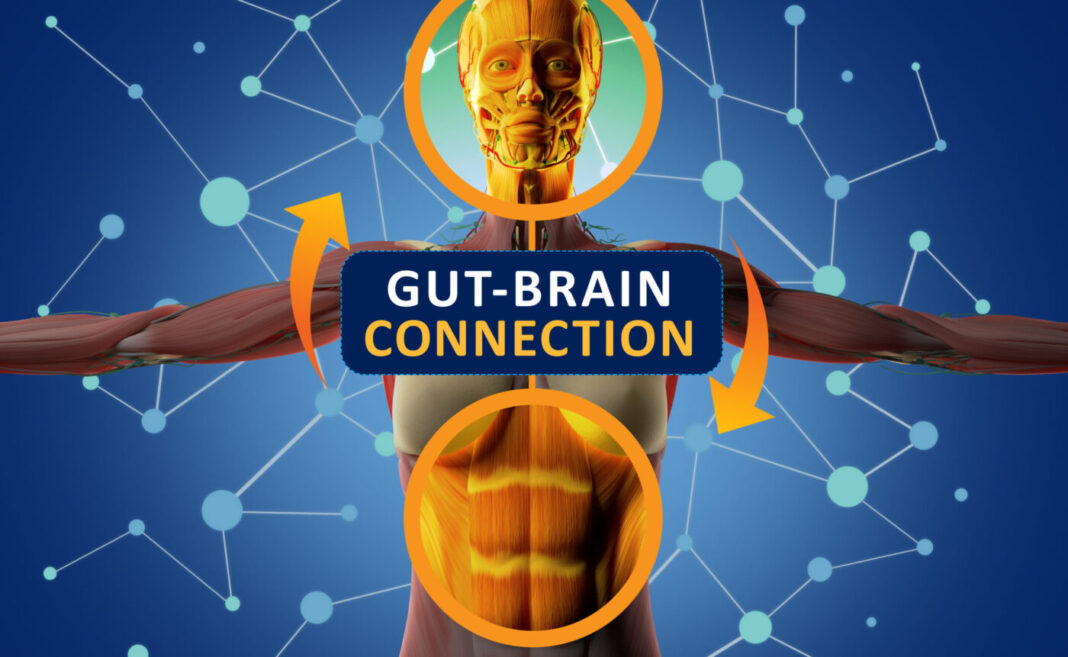The average child in the United States receives nearly three courses of antibiotics before the age of two, with similar or greater exposure rates in many other countries.
A new animal model study shows exposure to low doses of penicillin in the womb or immediately following birth changes the gut microbiome and alters gene expression in the brain, particularly in the frontal cerebral cortex, a region of the brain important for cognition, and in the amygdala, responsible for emotional responses.
These findings are published in the iScience article, “Effects of early-life penicillin exposure on the gut microbiome and frontal cortex and amygdala gene expression.” The study suggests reducing widespread antibiotic use or using alternatives, when possible, particularly in pregnant women and children, to prevent neurodevelopmental disorders. Financial support for the study came from the Emch Foundation, the National Institutes of Health (NIH) an anonymous donor.
“Our previous work has shown that exposing young animals to antibiotics changes their metabolism and immunity. The third important development in early life involves the brain. This study is preliminary but shows a correlation between altering the microbiome and changes in the brain that should be further explored,” says Martin Blaser, PhD, director of the Center for Advanced Biotechnology and Medicine at Rutgers University. Blaser and Stephen D. Ginsberg, PhD, associate professor at the Center for Dementia Research at the Nathan Kline Institute in NY are corresponding authors on the study.
The researchers establish experimental systems to assess the effects of early-life exposures to antibiotics on the intestinal microbiota and gene expression in the brain. This system that models human exposure to antibiotics in early life can be developed into a preclinical model of neurodevelopmental disorders where the gut-brain axis is perturbed.
The authors expose mice to low-dose penicillin (1mg per kg body weight) in utero, during the last week of pregnancy or during the ten days following birth and show that this leads to substantial changes in the structure and composition of the intestinal microbial population. Through gene expression studies in the brain, they show changes in molecular pathways that are known to be affected in neurodevelopmental and neuropsychiatric disorders, specifically in the frontal cortex and amygdala, two key areas in the brain responsible for the development of memory as well as fear and stress responses.
“Early life is a critical period for neurodevelopment,” says Blaser. “In recent decades, there has been a rise in the incidence of childhood neurodevelopmental disorders, including autism spectrum disorders, attention deficit/hyperactivity disorder and learning disabilities. Although increased awareness and diagnosis are likely contributing factors, disruptions in cerebral gene expression early in development also could be responsible.”
The authors conduct informatic analyses and establish links between specific intestinal microbial populations and the early-life expression of affected genes. The translational model can be used to explore the role of the intestinal microbiome in the normal and abnormal maturation of the vulnerable central nervous system.
Future studies are needed to determine whether antibiotics directly affect brain development or if molecules from the microbiome that travel to the brain disturb gene activity and cause cognitive deficits.
The gut-brain axis constitutes an area of active investigation with accumulating evidence indicating that microbial activity in the intestinal tract alters signals to the brain. The field aims to explain whether or not modulating the gut–brain axis, especially early in development, can affect the risk for brain disorders in adulthood. Gut-brain axis investigations may open new avenues of therapeutic interventions for currently untreatable central nervous system diseases.



